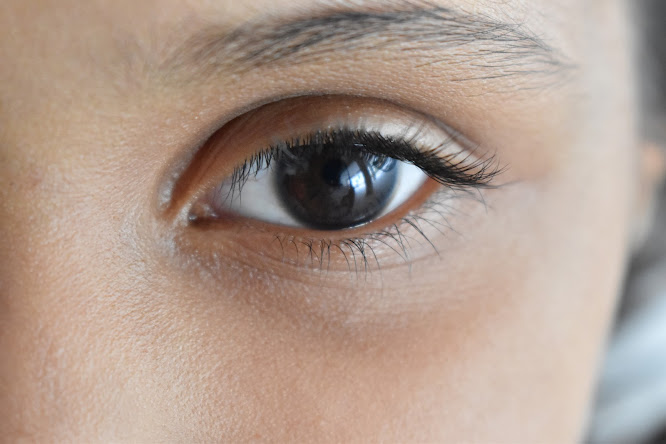Featured
- Get link
- X
- Other Apps
How Many types of Psoriasis
Psoriasis is divided into five types:
- Psoriasis plaques generate thick areas of skin.
- Pustules are pustules surrounded by red skin in pustular psoriasis.
- Psoriasis with erythodermic psoriasis results in large areas that appear severely burnt.
- Inverse psoriasis is characterised by a glossy rash in skin folds such as the armpits or the genitals.
- Small areas on the scalp, face, body, and limbs are caused by guttate psoriasis.
Various drugs, such as lotions and ointments, might be used by doctors to address the symptoms. A dermatologist can advise you on the best course of action. you can buy from xulnaz best body lotion for summer.
Eczema
Eczema typically appears in childhood, however it can also appear in adults. Atopic dermatitis and contact dermatitis are two kinds of dermatitis.
Eczema can produce rashes on the face, scalp, elbows, neck, wrists, ankles, and legs, among other places. The rashes are extremely itchy, and they may become rough, change colour, or thicken over time. In adulthood, the rashes may cover a larger area of the body, resulting in dry, itchy patches.
Vitiligo
Pigmentation loss is a symptom of vitiligo. There are several forms of vitiligo, but they all develop white spots on the skin, mainly in sun-exposed areas. Vitiligo patients frequently lose their hair colour as well. Over the course of many years, some people notice that larger regions of whiteness appear. Because this illness affects pigmentation, those with dark or tanned skin are more likely to notice it.
Some skin disorders improve over time or with the correct treatment plan.
Acne
Acne is one of the most common skin problems. Among the signs and symptoms are:
- Pustules are pimples that have pus at the tip of them.
- Papules are raised bumps that develop as a result of an infection in the hair follicles.
- Nodules are painful lumps that form beneath the skin's surface.
- Cysts are bigger, painful, pus-filled lumps beneath the surface of the skin.
- Acne can affect anyone. As a result, people of colour may develop dark areas known as post-inflammatory hyperpigmentation.
Acne may usually be treated with medicine. In some circumstances, hormone therapy may be required for females. It's also possible that light therapy will help.
Hives
Itchy, raised welts are known as hives. In people with lighter skin, they may seem pinkish or reddish. The most common reason is an allergic reaction, but stress, illness, and friction, such as from tight clothing, can all be factors.
Warts
Warts are caused by the human papillomavirus (HPV), which is contagious.
These bumps can form anywhere on the body, although they are most commonly found on the hands, feet, and joints. They are usually the same hue as a person's skin or darker. you can buy from xulnaz best body lotion for summer.
Warts can occasionally go away on their own, but depending on the type and location, a dermatologist may recommend that they be removed.
Infection of the nails with a fungus
This is caused by a fungal invasion near, under, and around the nails. The toenails are usually affected. The edges of the nails may disintegrate, and the surfaces of the nails may have whitish-yellowish scaling and flaking.
This illness can be caused by a variety of fungi, and the therapy will vary depending on the species. Oral or topical medicines can be prescribed by doctors. They may need to remove the problematic nail in some circumstances.
Sore throat
A cold sore is a blister that is red and filled with fluid. The damaged skin may feel uncomfortable or fragile, and the blisters commonly occur near the lips. Itching or a burning feeling may occur before the blisters develop.
Cold sores are caused by the herpes simplex virus and can persist up to two weeks before returning. While there is no cure, there are a number of therapies that can help to decrease breakouts.
Candidiasis
This problem is caused by an overgrowth of the Candida albicans fungus, which is known as cutaneous Candidiasis or cutaneous Moniliasis when it affects the skin. Irritated areas with lesions or tiny pustules are possible. Candidiasis is most commonly found in skin folds such as the armpit or the groyne. It can sometimes impair the face.
Athlete's foot is a condition that affects athletes.
Athlete's foot is caused by a fungus. The fungus that causes this thrives in warm, moist environments, such as inside sneakers. Skin that is dry, itching, and peeling may be a symptom. There may also be blisters and bleeding, as well as wet, pallid, cracked, or scaly skin between the toes or under the foot.
Antifungal creams or sprays are commonly used by doctors to treat athlete's foot.
Popular Posts
The 11 Best Natural & Clean Body Lotions For Dry Skin
- Get link
- X
- Other Apps



Comments
Post a Comment